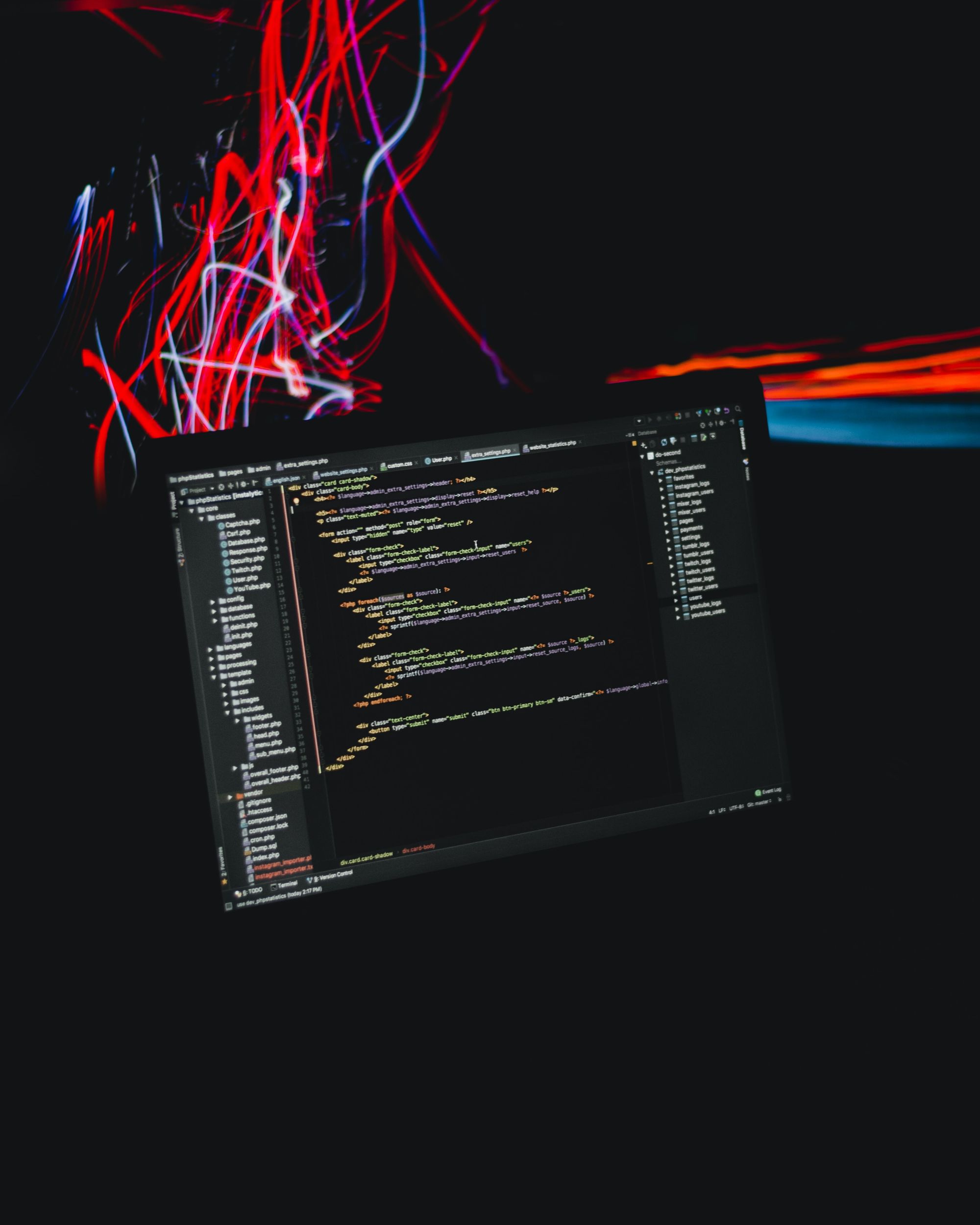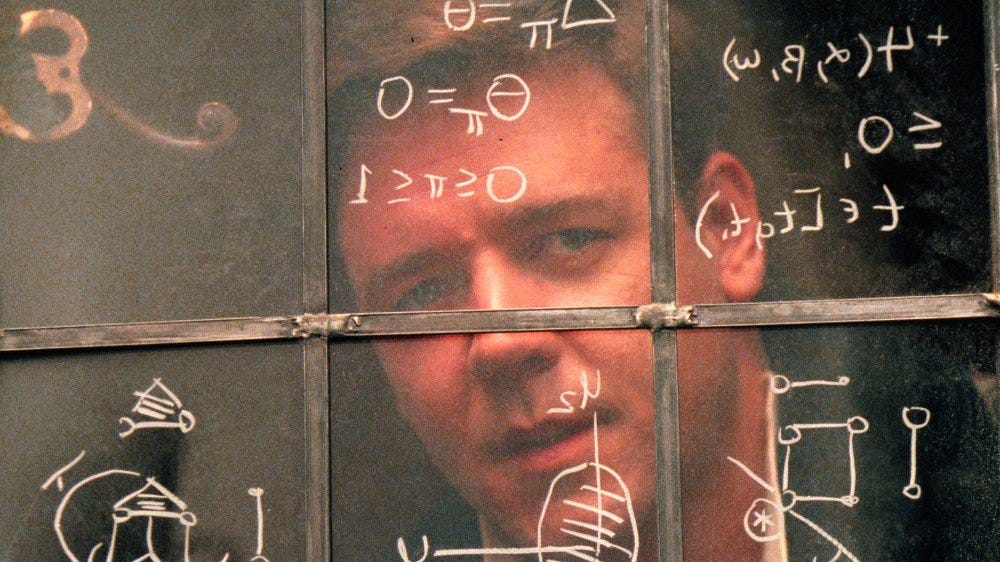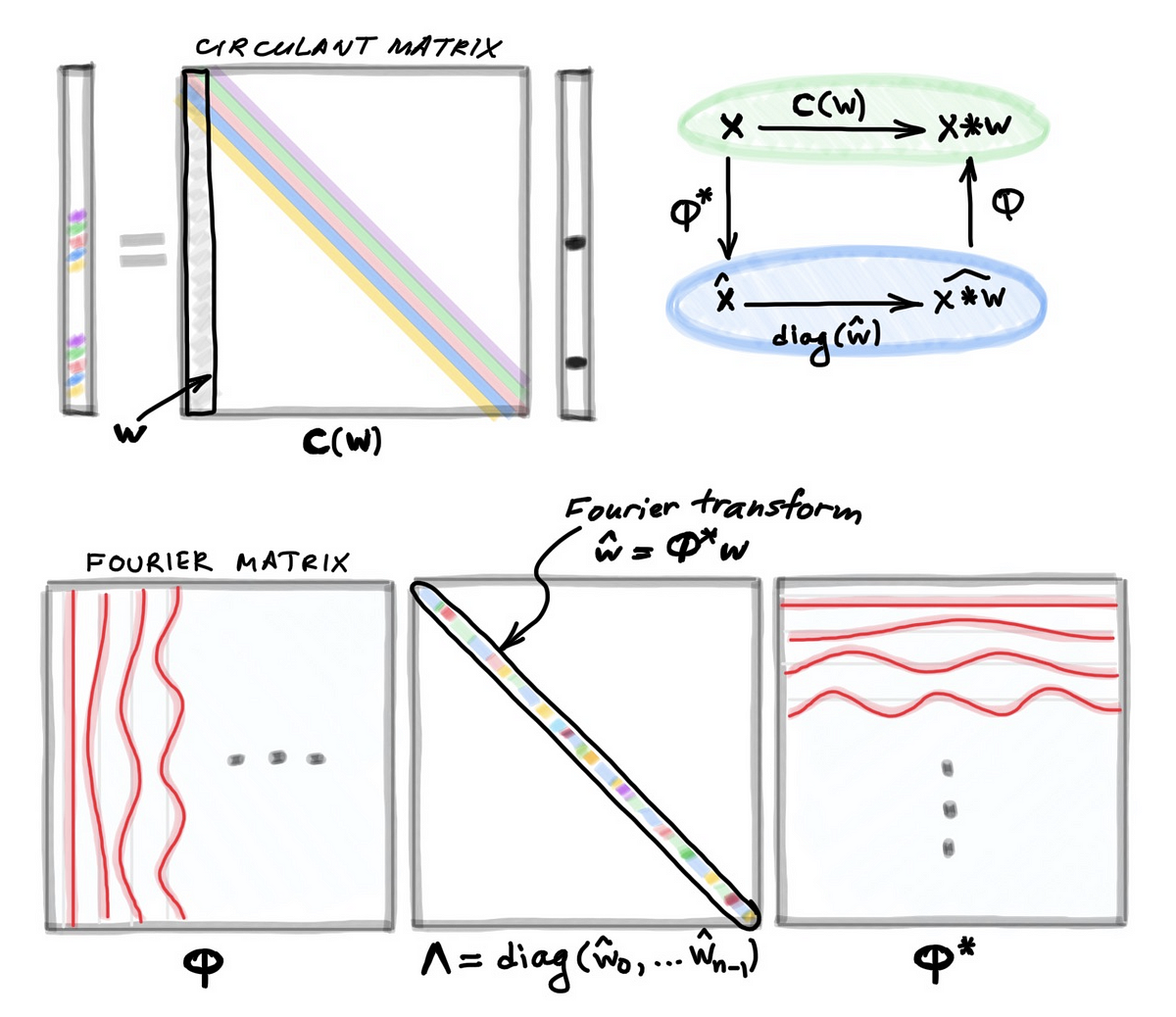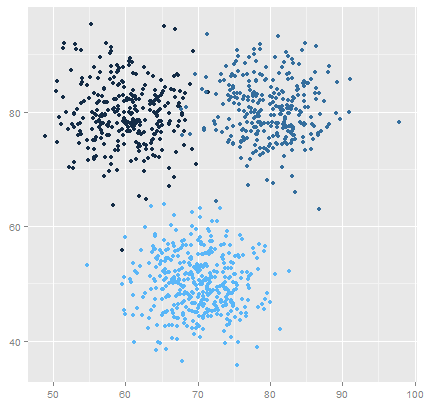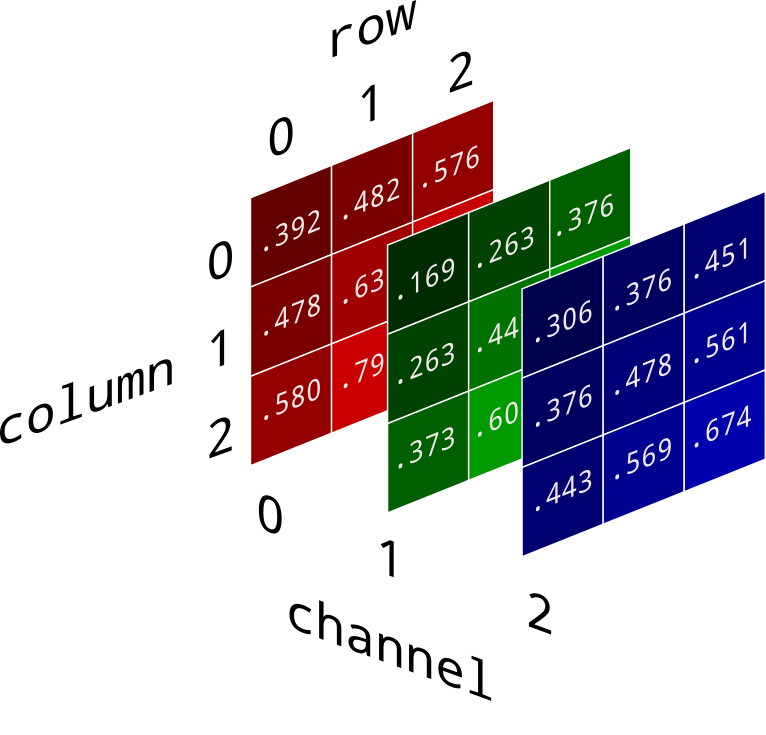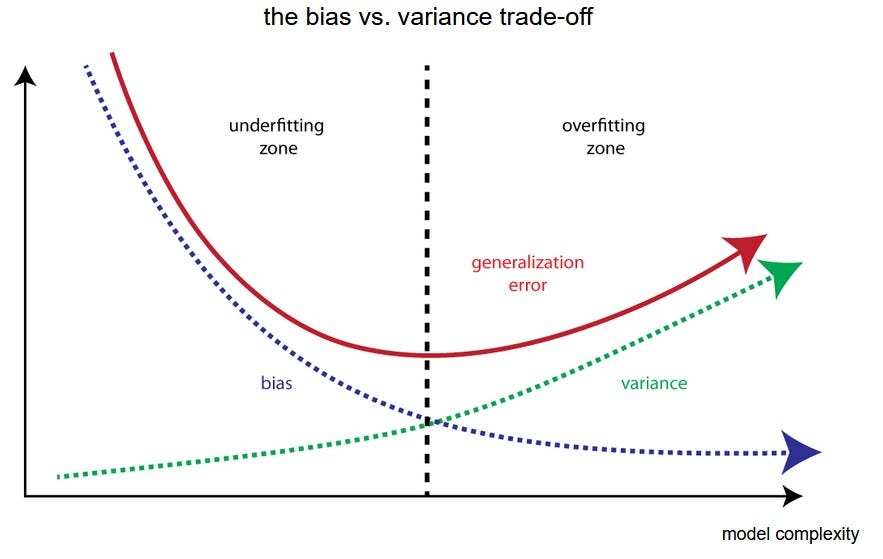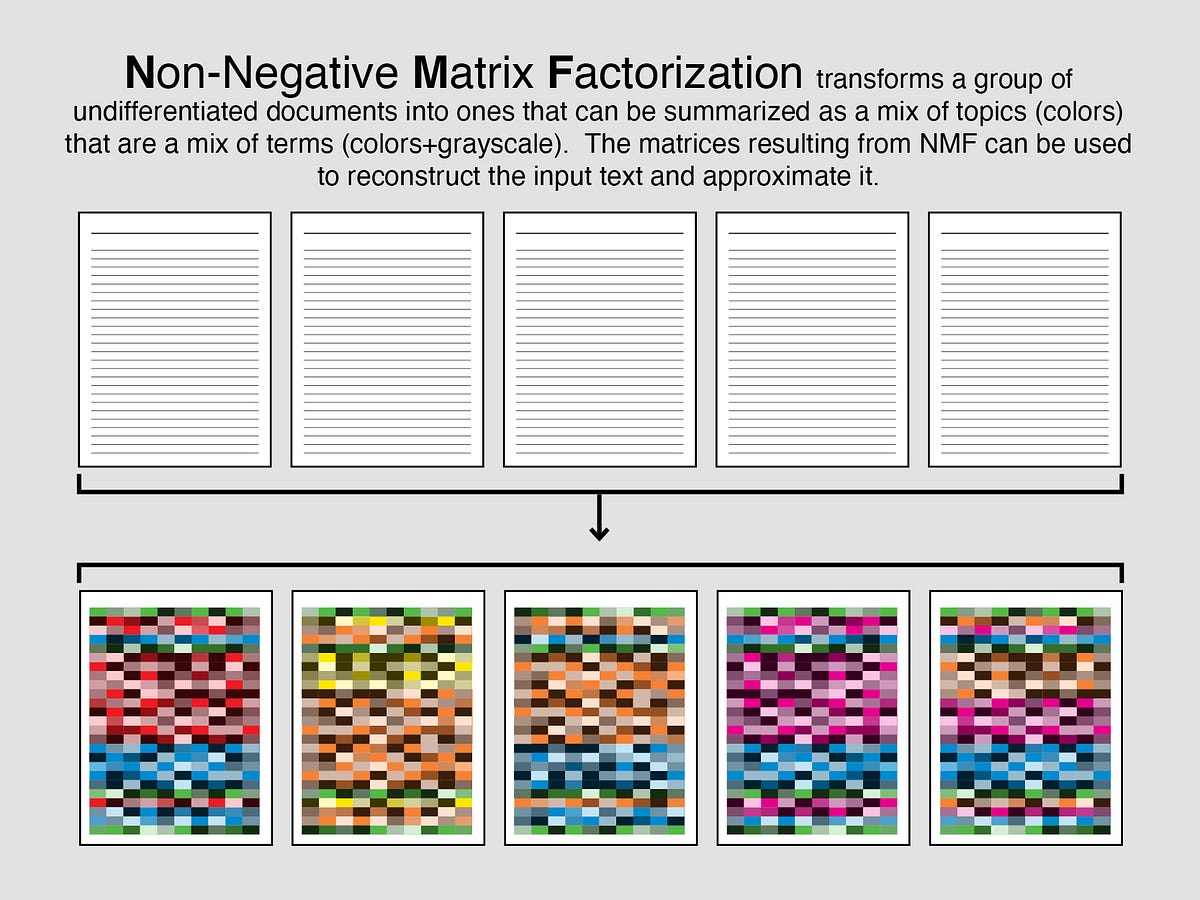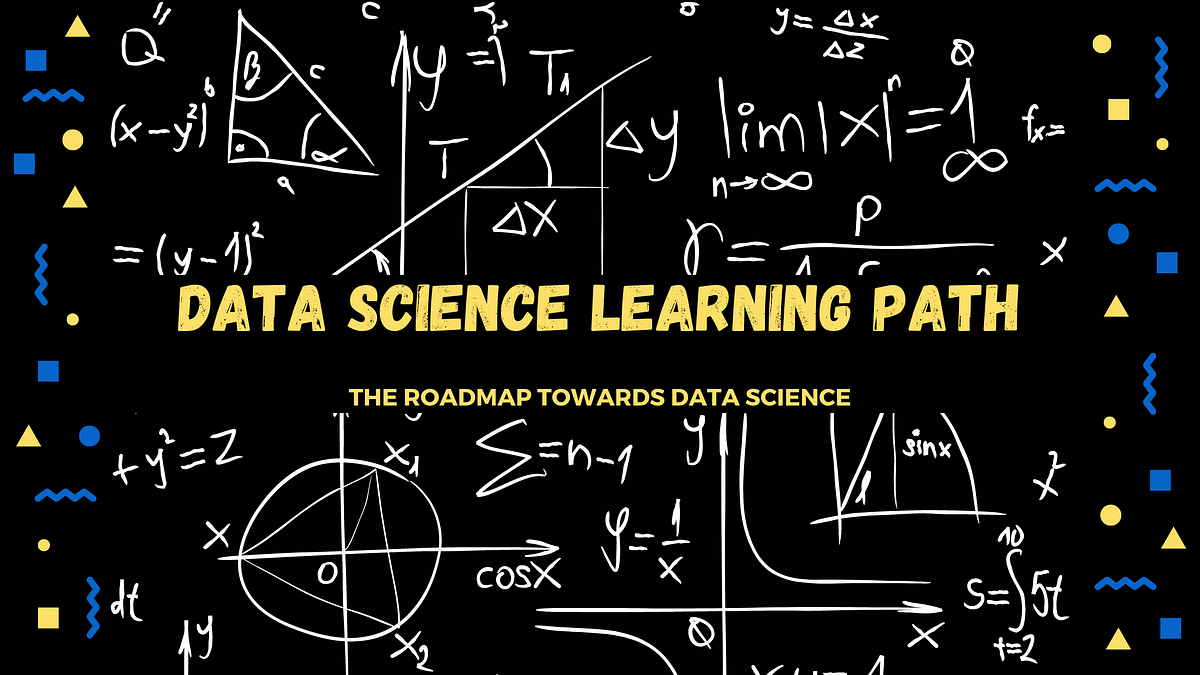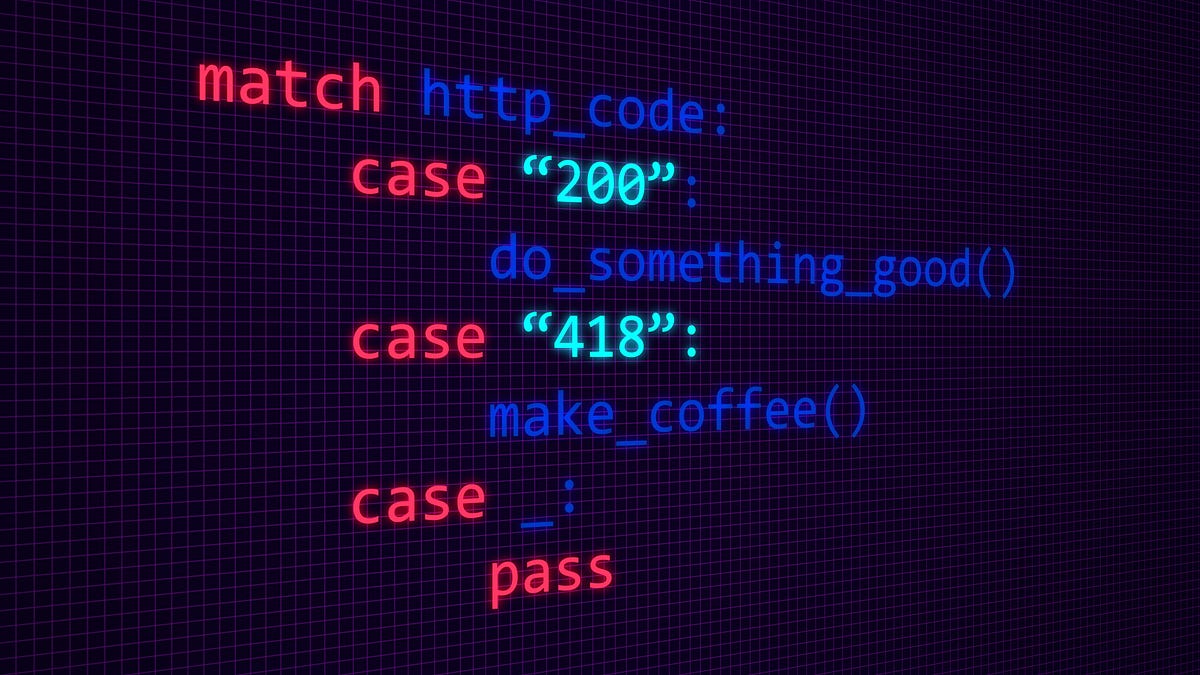 By Foreign Policy -
2021-01-03
By Foreign Policy -
2021-01-03
The world in 2021 will be haunted by the legacies of 2020: an ongoing pandemic, an economic crisis, Donald Trump’s divisive presidency—and new threats emanating…
 By Science -
2020-12-31
By Science -
2020-12-31
Long before anyone knew of SARS-CoV-2, a small band of government and university scientists uncovered a prototypical key that unlocked life-saving immunizations.
 By fast -
2020-08-21
By fast -
2020-08-21
Making neural nets uncool again
 By HumanProgress -
2021-02-11
By HumanProgress -
2021-02-11
Progress is inevitably related to the number of people who are connected and have a certain freedom to innovate and imitate.
 By nytimes -
2020-12-24
By nytimes -
2020-12-24
The Alibaba chief paid for pushing back against Beijing. But the shift in attitude also speaks to a growing wealth gap and diminished opportunities for the young.
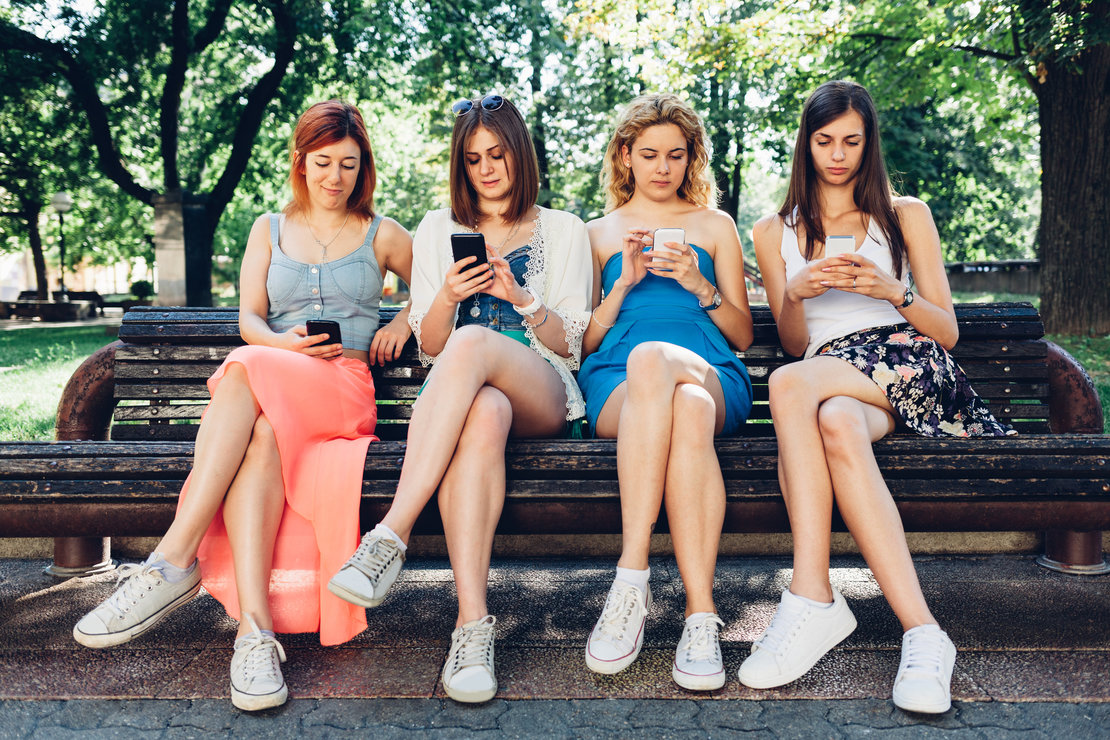 By StartUp Mindset -
2017-07-18
By StartUp Mindset -
2017-07-18
Have you seen the current list of things that Millennials have ruined? Before I even filled in the Google search bar, it suggested that they had ruined not only brunch and America, but everything. We’ ...








